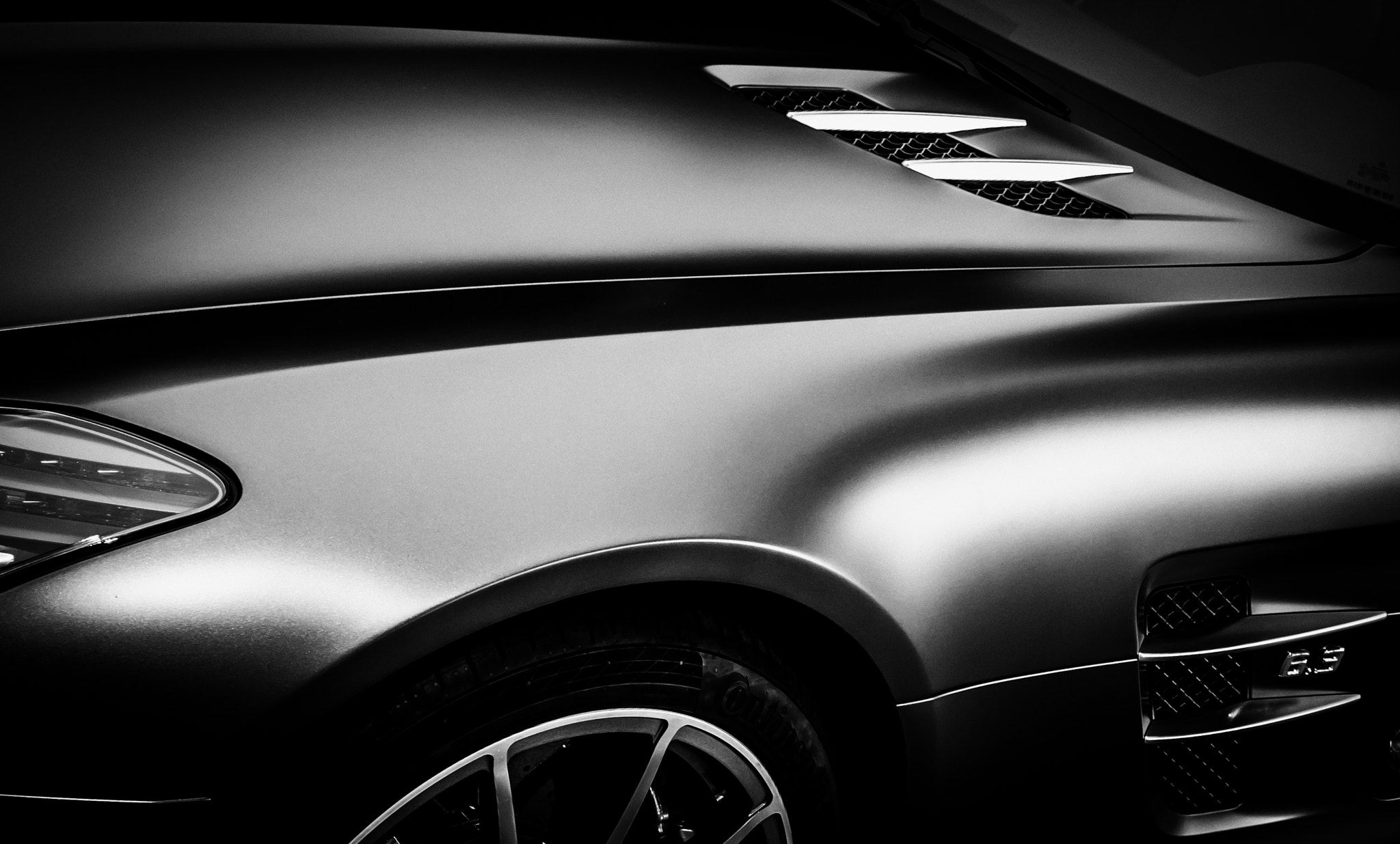
A near universal exception to this rule is school buses which are allowed to use rear and forward-facing, of a stop sign on the school buses usually alternatively phased flashing red lights just before, during, and after passenger loading & unloading as a signal for all other traffic to stop. In addition, although usually non-fatal, injuries to the lower limb (usually to the knee joint and long bones) are the most common cause of disabilities. In the following sections, we'll look at some of the common types of front and back suspensions typically used on mainstream cars. Front sensors may be activated manually and deactivated automatically when the vehicle reaches a pre-determined speed to avoid subsequent nuisance warnings. As an ultrasonic systems relies on the reflection of sound waves, the system may not detect flat objects or object insufficiently large to reflect sound (e.g., a narrow pole or a longitudinal object pointed directly at the vehicle or near an object). Systems may also include visual aids, such as LED or LCD readouts to indicate object distance. Also soft object with strong sound absorption may have weaker detection, e.g. wool or moss. Rear sensors may be activated when reverse gear is selected and deactivated as soon as any other gear is selected.
 The side of a passenger car on which the exhaust exits beneath the rear bumper usually indicates the market for which the vehicle was designed, i.e., Japanese (and some older British) vehicles have exhausts on the right so they are furthest from the curb in countries which drive on the left, while European vehicles have exhausts on the left. Part-time mode - The front and rear axle drives are rigidly coupled in the transfer case. Electromagnetic parking sensors are often sold as not requiring any holes to be drilled offering a unique design that discreetly mounts on the inner side of the bumper preserving the 'new factory look' of your vehicle. However, in the United Kingdom, they must not be used except to warn others of either a temporary obstruction when the vehicle is stationary or a hazard ahead on a dual carriageway with a speed limit of at least 50 mph. Combining vehicle location with inventory management that can be used to reconcile which item is currently on which vehicle can be used to identify physical location down to the level of individual packages. In addition to the system's individual effect, it also worked together with the Diamante's electronically controlled suspension and four-wheel steering to improve total handling and performance.
The side of a passenger car on which the exhaust exits beneath the rear bumper usually indicates the market for which the vehicle was designed, i.e., Japanese (and some older British) vehicles have exhausts on the right so they are furthest from the curb in countries which drive on the left, while European vehicles have exhausts on the left. Part-time mode - The front and rear axle drives are rigidly coupled in the transfer case. Electromagnetic parking sensors are often sold as not requiring any holes to be drilled offering a unique design that discreetly mounts on the inner side of the bumper preserving the 'new factory look' of your vehicle. However, in the United Kingdom, they must not be used except to warn others of either a temporary obstruction when the vehicle is stationary or a hazard ahead on a dual carriageway with a speed limit of at least 50 mph. Combining vehicle location with inventory management that can be used to reconcile which item is currently on which vehicle can be used to identify physical location down to the level of individual packages. In addition to the system's individual effect, it also worked together with the Diamante's electronically controlled suspension and four-wheel steering to improve total handling and performance.
In May 1903, Huntington made an overnight trip to San Francisco and worked out an arrangement with Harriman. In early 1903, Harriman proposed a franchise plan with three-cent fare plan to the Los Angeles City Council, a plan which, if accepted, would have handicapped the other railways severely. The system shared dual gauge track with the 3 ft 6 in (1,067 mm) narrow gauge Los Angeles Railway, "Yellow Car," or "LARy" system on Main Street in downtown Los Angeles (directly in front of the 6th and Main terminal), on 4th Street, and along Hawthorne Boulevard south of downtown Los Angeles toward the cities of Hawthorne, Gardena, and Torrance. In that same year, Huntington and Hellman incorporated a new entity, the Pacific Electric Railway of California, formed to construct new electric rail lines to connect Los Angeles with surrounding cities. Tensions between union leaders and like-minded Los Angeles businessmen were high from the early 1900s up through the 1920s. Strikes and boycotts troubled the Pacific Electric throughout those years until they reached the height of violence in the 1919 Streetcar Strike of Los Angeles. The success of their San Francisco trolley adventure and Hellman's experience in financing some early Los Angeles trolley lines led them to invest in the purchase of some existing downtown Los Angeles lines which they began to standardize and organize into one network called the Los Angeles Railway.
Comments
Post a Comment